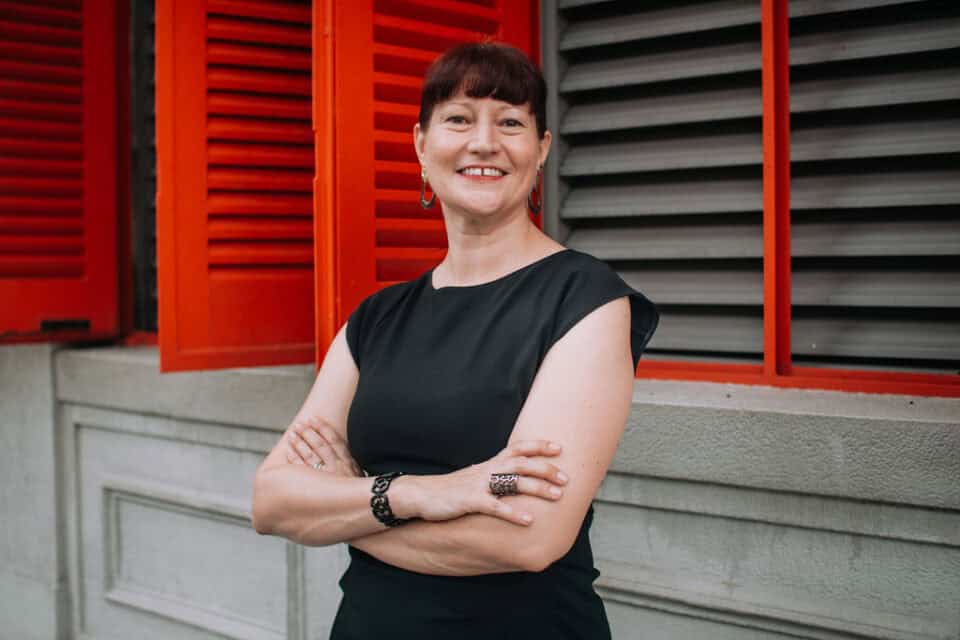The Association of Colleges (AoC) represents England’s 350 FE colleges and some three million learners. We talk to John Mountford, international director, about the sector’s growing international ambitions, visa strife and how to promote English colleges overseas.
The PIE: There has been a lot of talk of late about colleges, public and private, being hit by the UK’s tougher visa restrictions. Have you noticed the impact?
JM: Well, we haven’t seen the dramatic drop that the private sector has had, not that we’re blasé or complacent about it. Obviously the initial clampdown was on the private sector, rightly or wrongly. The colleges we represent were given highly trusted sponsorship, fall into that state provider bracket and are Ofsted inspected.
Having said that, we feel there is a lack of understanding about vocational students by the border agency. There tends to be perception that if a student is choosing a course that is focused on a work-based outcome then they are somehow bogus, and coming for reasons other than education.
It is frustrating, because we do have a world class FE system and international students want to take advantage of that. It would be very welcome if our border agency was more embracing of that.
“A disproportionate amount of VET students are being told they are not, in the opinion of the border agency, genuine”
The PIE: Have they always treated VET differently, or is it a new phenomenon?
JM: It has always been the case, but it’s become much more apparent through these new credibility interviews students have to do on top of their points-based visa applications. It seems that a disproportional amount of vocational students are being called for these interviews and a disproportionate amount of those students are subsequently being told they are not, in the opinion of the border agency, genuine.
I think its a manifestation of the lack of understanding of our sector and tendency to unfairly bracket together vocational providers of all kinds.
The PIE: Is there still a lot of opportunity for British colleges abroad?
JM: Yes. Internationally there is a huge growth in skills and training to help people get jobs, and colleges in the UK are in a good position to help. A lot of countries, such as UAE, Brazil, India and Indonesia, have booming economies but lack a skilled workforce to take advantage of that.
Even in the European Union where we have a recession, people need to retrain and regrow their skills. In Spain for example there is big focus on vocational skills as they have coming up to 50% youth unemployment.
“Internationally there is a huge growth in skills and training.Colleges in the UK are in a good position to help”
The PIE: Where do most international students at English colleges come from?
JM: There are about 50,000 EU and non-EU students students studying at colleges. In terms of non-EU recruitment countries such as India, China and Brazil are big markets, and there’s interest from the Middle East and countries like Colombia. The make-up is not a million miles away from what you’d see at universities and EFL schools.
The PIE: How do FE colleges find foreign students? Do they use agents?
JM: Each college has it’s own strategy. The majority of students who come to study on an FE programme come via a agent but others use institutional partners.
The PIE: Are foreign students predominantly using colleges for vocational courses, or as pathways into university? [More>>]
JM: It’s a mixture. A lot of colleges would recruit for A-levels, foundation years and English as a foreign language. Typically what they’d do is what they would call English Language Plus, so they do English plus something vocational, or plus an A-level. So they can take advantage of an authentic English language learning environment and learn a subject.
Also we do a lot of higher education work, things like higher national diplomas or foundation degrees. In general you can’t get a visa for the lower level courses offered at colleges.
The PIE: Private providers such as INTO University Partnerships and Navitas seem to get all the airplay when it comes to pathway provision. How come?
JM: A lot of FE colleges do offer quality one-year foundation courses. I think it’s due to us not promoting our message strongly enough. I would argue that if you want to go to a UK university you would be much better off going to a British FE college and getting a genuine British learning experience. It is going to give you a real insight into British classroom behaviour, much more than going to a private provider where the cohorts are usually 100% international.
“We are working with the Brazilian government on a vocational version of the Science Without Borders scheme”
The PIE: Is AoC increasing its international advocacy at the moment?
JM: Yes, because of the growing opportunities overseas. India is a good example: the government wants to up-skill 500 million people in the next ten years. They don’t have the domestic capacity to do it in anyway, so they are looking around the world for international partners to do that and are very interested in the UK’s FE model.
But what we have found is that places like India, despite the opportunities, can be quite challenging. It’s not always easy to get the model right or access to the opportunities. So we’ve set up our AoC India office in Delhi, a permanent base to represent 32 of our colleges with the aim of helping them work directly with Indian partners.
The PIE: Is offshore delivery taking more of AoC’s attention than inbound recruitment, given the tougher immigration climate?
JM: We wouldn’t consciously push one over the other. I think we just find that the way the market is going that there are more and more opportunities to deliver in-country. But overseas student recruitment remains an important source of short term income for colleges which allows them to engage those medium to long term projects offshore.
A good example is the work we’re doing with the Brazilian government at the moment to develop Skills Without Borders – a vocational version of the Science Without Borders scheme. It would allow students to come to a UK college to a high level vocational sandwich course for a year.
“You would be much better off doing a pathway at an FE college and getting a genuine British learning experience”
The PIE: Some say we struggle to communicate the qualities of FE sector overseas. Do you agree?
JM: I think that’s fair. We have a brilliant offer – high quality, flexible, employer driven – but we don’t have a great articulation of that offer, which is something we need to work on. Other countries such as Canada, Australia and Germany are very good at branding their FE sector. Even if in certain cases where their system is not as flexible as ours, they are better at simplifying and explaining that.
The British government does have its new Education UK strategy to better brand British education abroad. FE is a focus in the plan, so I would hope there are better resources available to help us explain our offer.








